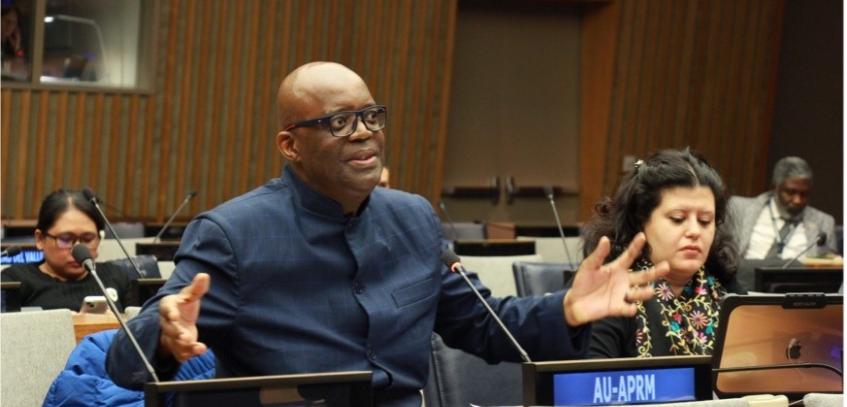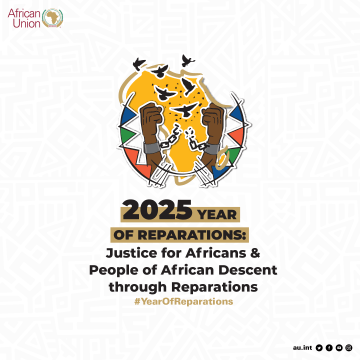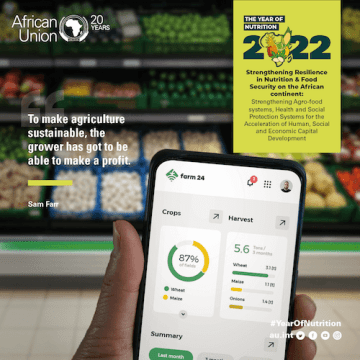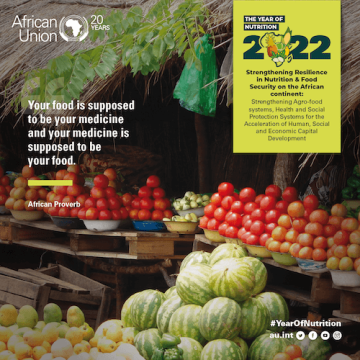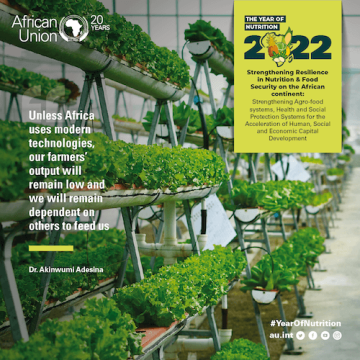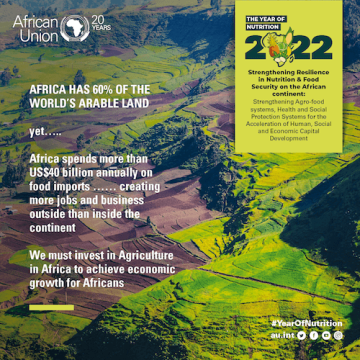New York, 31 March 2023 - The African Peer Review Mechanism, led by Prof. Eddy Maloka, participated in the twenty second session of Committee of Experts of Public Administration (CEPA) under the Theme: Urgently transforming institutions for a greener, more inclusive, and more resilient world at a time of multiple crises. The Committee of Experts on Public Administration (CEPA) is a UN technical advisory body that studies and makes recommendations to improve governance and public administration structures and processes for development. It assists ECOSOC by reviewing trends, issues, and priorities in public administration, notably in relation to the 2030 Agenda for Sustainable Development and in support of the implementation and progress reviews of the SDGs.
The annual session brings together experts of public administration alongside different development organs, thinktanks and governance-oriented organs and mechanisms including APRM which serves as an observer in the committee since 2018. the recommendations of the session are usually submitted for the consideration of ECOSOC as a submission for the High-level Political Forum which takes place on annual basis in July to offer a continental platform for countries to present their voluntary national review (VNRs) on Agenda 2030 progress.
The APRM intervention reflected on the application of the principles of effective governance for sustainable development with a special focus on Principle of participation and governance indicators. Prof. Maloka highlighted that the APRM, under its revitalisation process and expanded mandate since 2017, has been conducting a thorough review of the main tools and questionnaires designated to implement governance assessment reports at national level alongside other areas including the governance of SDGs and Agenda 2063 at continental level.
Special reference was paid to the APRM questionnaire which includes APRM thematic governance area of socio-economic development has a special section on Encourage broad-based participation in the development and its impact on decision making. he also referred to the APRM methodology of data collection to ensure proper engagement of national authorities and statistical offices in the APRM review and hence ownership of member states of the assessment review and generated recommendations.
As far as the issue of resilience is conferenced, Prof Maloka added that APRM adjusted our governance assessment’s questionnaire to include Resilience and disaster management as fifth thematic area of APRM governance analysis to support resilient and efficient institutions in Africa to mitigate multiple crises. It has been brought to our attention the lack of preparedness and institutional capacities in various countries to mitigate COVID crisis, guided by our evidence-informed research across the continent. Likewise, he updated the committee that APRM is in the process of launching a new Africa Governance Index which addresses aspects of Resilience and Disaster Risk Reduction (DRR) and pertinent indicators such as the enabling environment, national disaster risk reduction framework, management and capacity development, investment in disaster Risk reduction (DRR), and lastly preparedness and responsiveness of institutions.
The CEO also referred to APRM platforms including the VNRs and domestication of Agenda 2063 continental workshop and equally the APRM-DESA collaboration on advocacy of CEPA Principles to capacitate national civil servants and APRM national structures on principles of effective governance of Agenda 2030 and Agenda 2063 including necessity for multi-stakeholder approach to foster implementation, monitoring and evaluation of both agendas.
On the margins of CEPA session, The CEO of APRM, held a consultative meeting with the Chairperson of CEPA, Mme. Geraldine Moleketi and Mr. Juwang Zhu, Director for Public Institutional and Digital Government and officer in charge of Division for Sustainable Development Goals at the UN Department of Economic and Social Affairs (DESA) during the 22nd session of the UN Committee of Experts of Public Administration (CEPA). They discussed the ongoing joint programs between APRM and UN DESA aimed at enhancing the monitoring and evaluation of Agenda 2030 and
#Agenda2063through the Voluntary National Reviews and principles for effective governance of SDGs. Thanks to this partnership, over 300 national senior experts, representatives of APRM national structures have received capacity-building on domesticating Agenda 2063, CEPA principles and VNR preparations.

